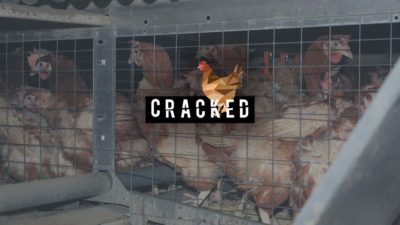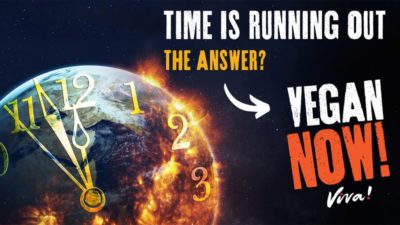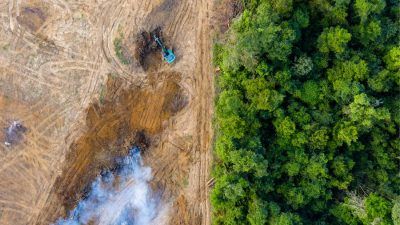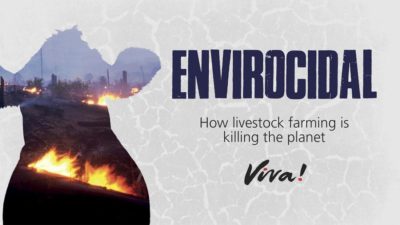How to eat green for the planet
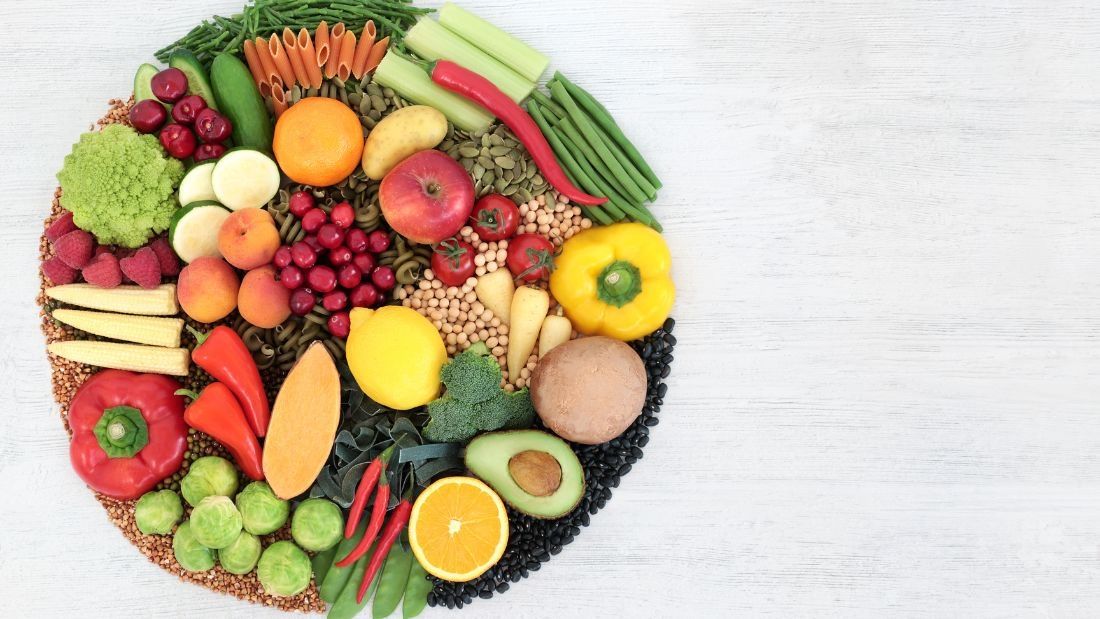
The first warning a mass audience was given about global warming was in 1988 when NASA scientist James Hansen told the US congress about the ‘greenhouse effect’. His warnings were ignored and governments continued investing in fossil fuels with no consideration for the consequences. The warnings are back but now they’re coming thick and fast from scientists who say that ignoring the climate crisis will cost the world a lot more than dealing with it.
Climate breakdown
We are already experiencing climate breakdown; the atmosphere and oceans have warmed, ice is melting and sea levels have risen. If nothing is done, we can expect more floods, hurricanes, tornadoes and storms but also water shortages and droughts. Food security will be threatened and the likelihood of conflict will increase.
Governments and business leaders are lying
Some positive steps have been made in reducing our reliance on fossil fuels and developing technologies for producing renewable energy, but much more action is needed. It doesn’t help that the Government over-claim on their achievements by ignoring our oversees emissions. We live in a global economy and rely heavily on imports to meet our demands. Many of the goods we buy are made in countries like China and India so despite the Government bathing in glory, we are not on track to meet the Paris target of a temperature increase no higher than 1.5°C above pre-industrial levels. The UN secretary general, António Guterres, said: “Some government and business leaders are saying one thing – but doing another. Simply put, they are lying. And the results will be catastrophic.”
The cow in the room is diet
Many of us are trying to reduce our carbon footprint by flying less, walking and cycling more, recycling and reducing food waste. But the cow in the room is diet. The Government has consistently failed to acknowledge the devastating role animal agriculture has on the planet.
A recent article in the journal Nature Foods described how animal agriculture, including animal feed crops, is responsible for a fifth of global greenhouse gas (GHG) emissions. Higher than the United Nations Food and Agriculture Organisation’s (UN FAO) estimate of 14.5 per cent. That figure, scientists say, is based on out-of-date information and livestock emissions are likely to be much higher because breeding and feeding methods have changed.
Distorting the truth
The meat industry also likes to distort statistics in their favour and talk about livestock’s ‘direct’ emissions being closer to 10 per cent, ignoring land use changes such as deforestation. The leading drivers of deforestation are expanding pastures for beef, and soya to feed poultry and pigs. Around 80 per cent of global soya is used for animal feed while just seven per cent of it is used for foods such as tofu and soya milk. In the UK, and many other countries, the vast majority of farmed animals are raised in factory farms and fed animal feed rather than roaming around fields munching grass all day. It’s not a pretty picture and the environmental impacts are devastating.
We are living through the sixth mass extinction with one million species of animals and plants now living in danger. The current crisis – unlike previous extinction events which were caused by asteroids, volcanic eruptions and natural climate shifts – is caused by human activity. Most people don’t realise that our air, water and food systems all depend heavily on the world’s rich biodiversity – we lose it at our peril. Professor David Macdonald, Director of the Wildlife Conservation Research Unit at the University of Oxford, says: “Without biodiversity, there is no future for humanity.”
Now or never
The latest report from the Intergovernmental Panel on Climate Change (IPCC) says that it’s ‘now or never’ if we want to limit global warming to 1.5°C. It’s a final warning for governments everywhere. Unlike previous IPCC reports, this one spells out how food systems need to change: “Diets high in plant protein and low in meat and dairy are associated with lower GHG emissions.” A shift to diets containing more plant protein, they say, would also require less land and offer significant health benefits.
Meat means heat – in 2018, the top 20 global meat companies combined produced more GHGs than either Germany or Britain – Europe’s biggest emitters. Over the last five years, the world’s largest meat company, JBS, has increased emissions by 51 per cent, despite its 2040 net zero target.
Grass-fed beef is not the answer as it requires even more land and there simply isn’t enough space for everyone to eat it. Aside from the massive habitat destruction to provide grazing land for livestock, grass-fed cattle produce up to four times more methane than grain-fed livestock. All told, grass-fed livestock are highly inefficient, wasteful and environmentally costly.
Buying locally sourced meat and dairy is not the answer either. According to the research group Our World in Data from the University of Oxford, eating local is one of the most misguided pieces of advice. For most foods, emissions from transport form just a fraction of the total carbon footprint. Most emissions occur on the farm and from land-use change. It’s what you eat that matters, not where it is from – and plant foods win hands down.
Going vegan – the single biggest way to reduce your impact on planet Earth
Joseph Poore, a researcher at the University of Oxford, says: “A vegan diet is probably the single biggest way to reduce your impact on planet Earth.” Poore’s landmark 40,000 farm study looked at the environmental impacts of 40 foods representing 90 per cent of all that is eaten.
They found that meat, fish, eggs and dairy use 83 per cent of farmland, produce 58 per cent of agriculture’s emissions yet provide only 37 per cent of our protein and a paltry 18 per cent of our calories. Moving towards a plant-based diet has a ‘transformative potential,’ Poore says, and could halve food-related emissions. So convinced was he that he went vegan! Dr Peter Scarborough and colleagues at the University of Oxford, looked at the diets of more than 50,000 people in the UK and also found that you can halve your food-related emissions by going vegan. A varied vegan diet offers a host of health benefits, too, with a lower risk of obesity, heart disease, diabetes and certain cancers.
The meat industry says it’s unrealistic to expect people to stop eating meat but scientists say it is entirely feasible to imagine a future world in which the consumption of meat is rare. We need to challenge these barriers, lift the lid on the self-interested industries and put changing our diet at the top of the climate agenda.

